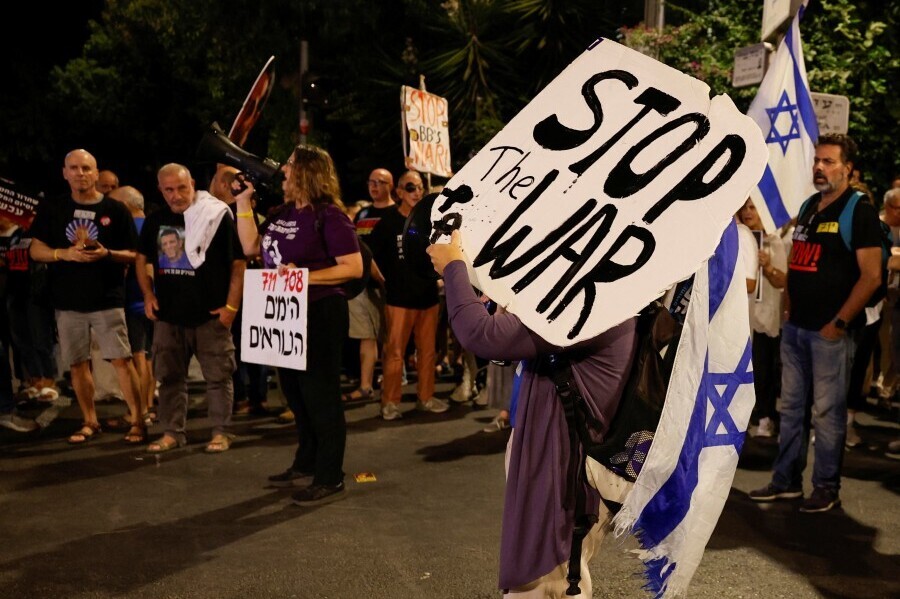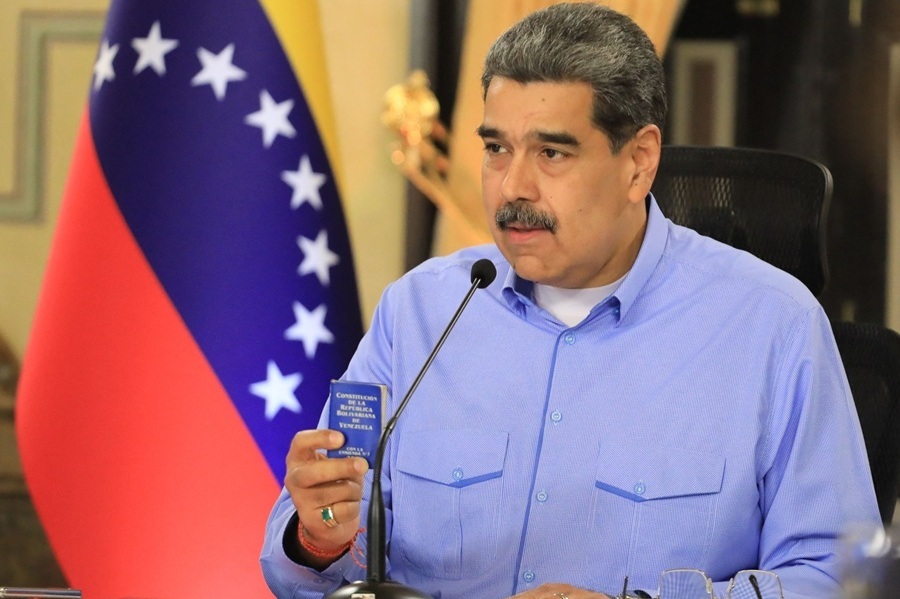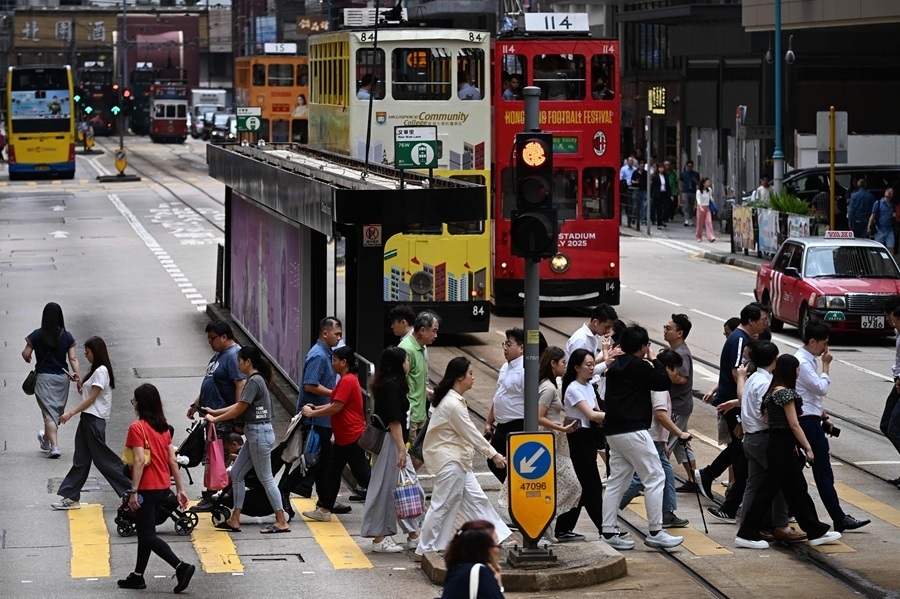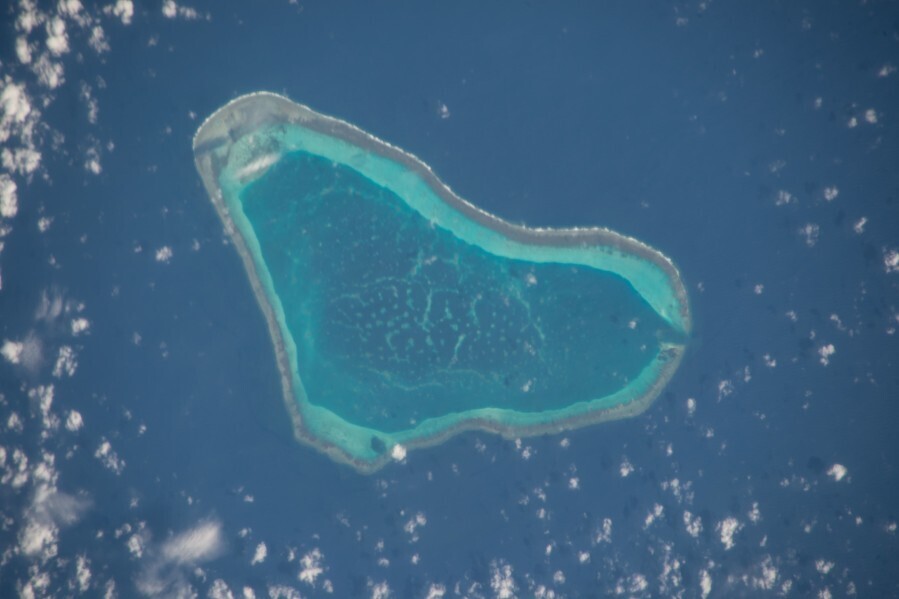Netanyahu vs TikTok: How China became a scapegoat for Israel’s image crisis
Faced with growing international pressure over the war in Gaza, Israeli Prime Minister Benjamin Netanyahu has turned to blaming foreign powers — including China — for fuelling global criticism. But as Chinese academic Fan Hongda argues, targeting Beijing, especially over platforms like TikTok, risks further isolating Israel diplomatically and offers no real strategic gain.
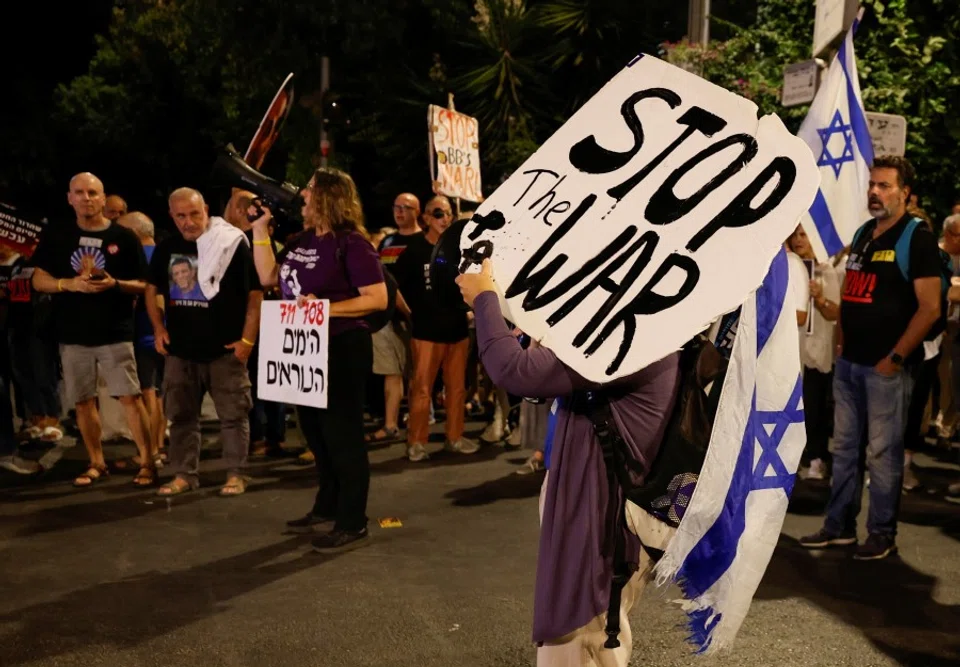
On 15 September, US Secretary of State Marco Rubio visited Israel, expressing support for Israel’s efforts to eliminate Hamas. The next day, the Israeli military launched a ground offensive and large-scale airstrikes on Gaza City, moving closer to Israel’s objective of taking control of Gaza. Naturally, the suffering of the Palestinians there has intensified.
On 16 September, the United Nations (UN) Independent International Commission of Inquiry released a report stating that under the incitement of Prime Minister Benjamin Netanyahu and other top leaders, Israel has committed and will continue to commit acts of genocide against the Palestinians in Gaza.
On 17 September, Chinese Foreign Ministry spokesperson Lin Jian stated: “China firmly opposes Israel escalating its military operations in Gaza and condemns all moves that harm civilians and violate international law. China is deeply concerned over further escalation of tensions, and opposed to relevant party fueling the flames.” The following day, with the support of the other 14 member states, the US, as the sole opposing country, vetoed the UN Security Council draft resolution on a permanent ceasefire in Gaza.
The complete eradication of Hamas and the demilitarisation of Gaza, or ensuring it poses no security threat to Israel, remain Israel’s pursued objectives.
Israel determined to see objectives through
Israel’s fierce assault on Gaza City is the implementation of an established policy formed after the October 7 attacks in 2023. The complete eradication of Hamas and the demilitarisation of Gaza, or ensuring it poses no security threat to Israel, remain Israel’s pursued objectives. Moreover, despite strong condemnation from the international community, I believe Israel will ultimately achieve its goals. Looking back at Israel’s trajectory over the decades, external voices have had very little influence on its behaviours.
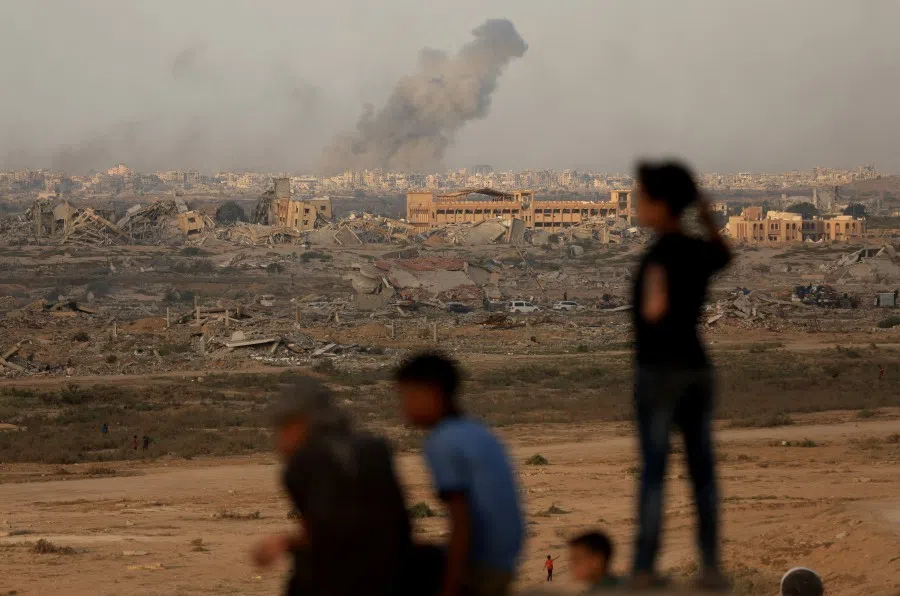
However, an undeniable reality is that Israel has become increasingly isolated internationally due to its military actions over the past year, particularly its policies towards Palestinians and its military attacks on Qatar. Western countries such as Australia, Canada, the UK and others have declared recognition of Palestine, with others expressing their willingness to do so, which can be seen as a clear expression of dissatisfaction with Israel. Even the European Union has placed sanctions against Israel on its agenda.
At the same time, protests within Israel have been escalating. For the Israeli people, Hamas is undoubtedly a heinous organisation that must be eradicated, but the fact that a powerful Israel has been unable to swiftly bring back hostages from the small Gaza Strip clearly points to the leadership, led by Prime Minister Benjamin Netanyahu, not prioritising the lives of Israeli citizens in its actions. As a result, many Israelis have begun to question Netanyahu’s motivations for continuing the war.
Indeed, it is precisely because of social media platforms like TikTok that the devastating reality in Gaza has been exposed to the world, creating significant international pressure on Israel. At its core, Netanyahu’s allegations against China stem from TikTok’s Chinese affiliation.
Netanyahu’s accusations against TikTok and China
Under mounting internal and external pressures, Benjamin Netanyahu is gradually losing the rationality expected of a decision maker. One of the most notable examples occurred on 15 September, when Netanyahu directly accused China of supporting anti-Israel propaganda in front of 250 US lawmakers. On the same day, he made similar accusations against China on another occasion.
Naturally, Netanyahu’s accusations against China were met with strong criticism from Chinese officials. The Chinese embassy in Israel said, “China is shocked by the remarks of the Israeli leader. The claim is groundless, undermines China-Israel relations, and is something that China is deeply concerned about and firmly opposed to.”
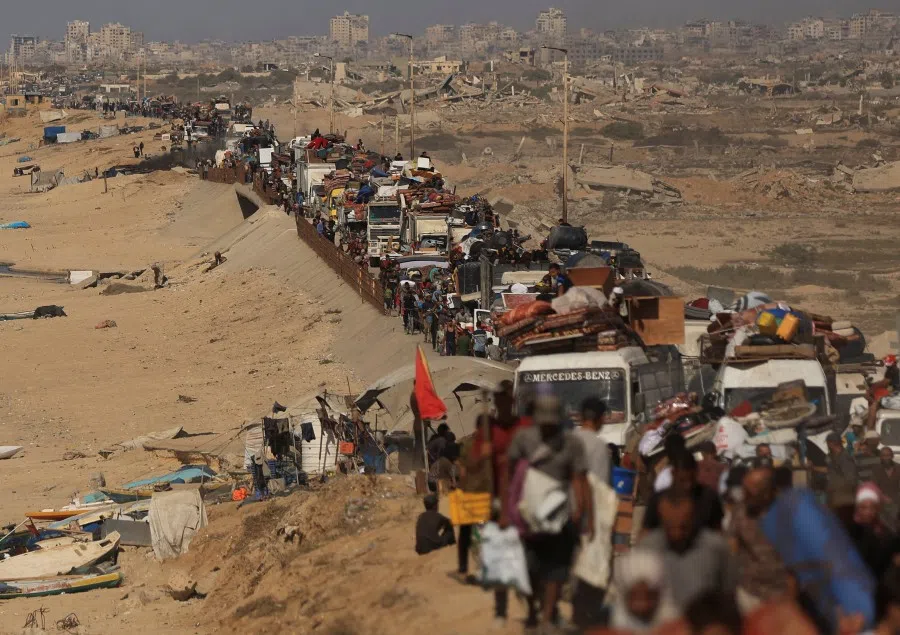
Regarding Prime Minister Netanyahu’s accusations against China, I believe the issue is closely tied to TikTok’s extensive global influence. Indeed, it is precisely because of social media platforms like TikTok that the devastating reality in Gaza has been exposed to the world, creating significant international pressure on Israel. At its core, Netanyahu’s allegations against China stem from TikTok’s Chinese affiliation. During my academic visit to the US in 2023-2024, I clearly observed the frustration among pro-Israel groups there regarding TikTok.
However, it is highly inappropriate for Prime Minister Netanyahu to explicitly accuse China by name for this reason. First, TikTok is a commercial company and is not entirely controlled by Beijing. Second, a significant portion of the content disseminated by TikTok regarding the suffering of Palestinians in Gaza is based on factual events. It is Israel’s behaviours that have provided the material for platforms like TikTok to spread.
China-Israel relations at risk
As a scholar who has long focused on Israel, I am deeply concerned about the current state of China-Israel relations. Since the October 7 attacks, Israel’s negative perceptions of China have intensified, and the bilateral relationship is facing severe challenges.
Israel is dissatisfied with Beijing’s stance on the Palestinian issue, as well as potential military cooperation between China and Iran. In an expression of its frustration with Beijing, Israel has even played the “Taiwan card”, a move that is unequivocally unacceptable to China, as Taiwan is regarded by Beijing as a core national interest.
If Israel challenges China on its core interests, Beijing will undoubtedly not remain silent, especially at a time when the world is deeply divided.
Indeed, Israeli decision makers should recognise that Beijing has been making efforts to ease and improve relations with Israel. In May of this year, Chinese ambassador to Israel Xiao Junzheng explicitly stated that “China opposes and condemns what Hamas did on the seventh of October”. Just over ten days ago, Beijing announced its agreement to join the New York Declaration on the Peaceful Settlement of the Question of Palestine and the Implementation of the Two-State Solution. The declaration includes condemning Hamas’s October 7 attacks targeting civilians, demanding that Hamas release all hostages, and stipulating that Hamas must cease its governance in the region and transfer its weapons to the Palestinian Authority.
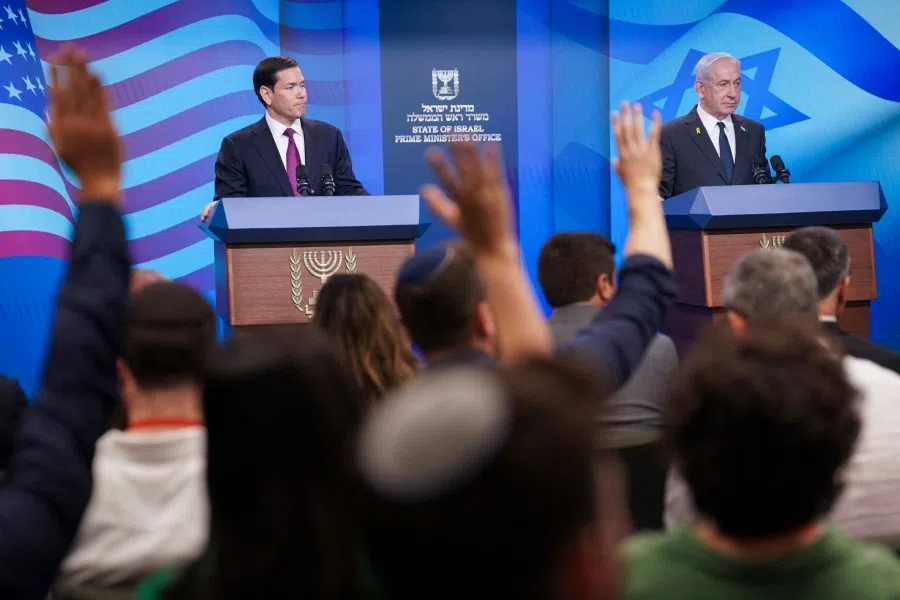
It is regrettable that Prime Minister Netanyahu, trapped in a difficult situation, has almost reached the point of justifying his actions by attacking other countries. However, actively targeting a global power like China will certainly not benefit Israel. If Israel challenges China on its core interests, Beijing will undoubtedly not remain silent, especially at a time when the world is deeply divided.
China will work together with other nations
Regarding the expansion of Israel’s military operations, Chinese Foreign Minister Wang Yi stated on 19 September that Israel’s insistence on advancing its plan to take over Gaza City, its airstrikes targeting Hamas figures involved in negotiations in Qatar and its accelerated encroachment on the West Bank constitute serious violations of international law. These actions not only fail to contribute to Israel’s own security but also endanger the “two-state solution” and directly undermine stability in the Middle East.
... China will work alongside the majority of nations to actively pursue and promote diplomatic solutions to the issues related to Gaza, Palestine and the broader Middle East.
The recent voting outcomes at the UN General Assembly and Security Council regarding Palestine have once again demonstrated that Wang Yi’s statement aligns with the consensus of the international community. While I do not doubt Israel’s potential military success in its efforts to take control of Gaza, I remain convinced that the use of force will not ultimately bring peace to Israel. Going forward, I firmly believe that China will work alongside the majority of nations to actively pursue and promote diplomatic solutions to the issues related to Gaza, Palestine and the broader Middle East.

